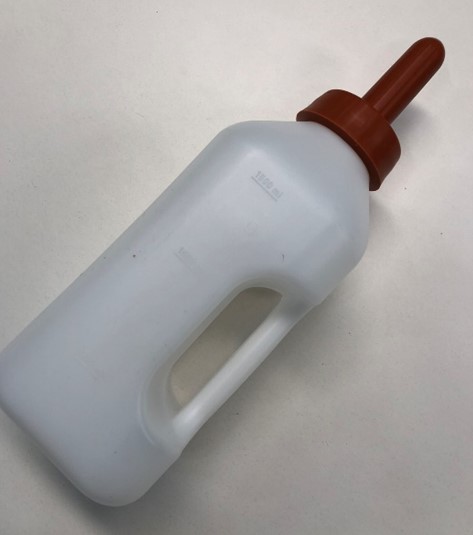How the Union State contributes to the food security of the EAEU

The countries of the EAEU, which along with Russia and Belarus include Kazakhstan, Armenia and Kyrgyzstan, can achieve real success in joint food production. This was stated by Minister of the Eurasian Economic Commission Artak Kamalyan at the conference "New Business Opportunities within the EAEU". However, there is still much to be done to achieve this.
Here is a typical example - the situation with sugar. A resident of Lipetsk is better supplied with grain and sugar than, say, a resident of Alma-Ata. Belarus, in turn, produces twice as much sugar as it consumes, and the surplus is exported to Kazakhstan and Russia. On the other hand, not in every EAEU country it is fashionable to produce high-yielding sugar beet seeds: the climate, as they say, is not the same. Meanwhile, these scarce seeds have been successfully grown in Kyrgyzstan since Soviet times.
“I think that real cooperation, a real synergistic effect, can arise here,” Artak Kamalyan believes.
According to the Minister of Agriculture and Food of Belarus Igor Brylo, the problem of food security in the country has been completely resolved since 2010. He believes that the main issue for today is to sell surplus products for export. At the moment, more than 60 percent of all milk produced and more than 35 percent of meat are exported from Belarus.
According to the Russian Foreign Trade portal, in 2021, Russian imports from Belarus grew the most in such commodity groups as Coffee, tea, mate, or Paraguayan tea, and spices (by 105.37% compared to 2020 ), "Products of the flour-grinding industry" (61.87%), "Edible fruits and nuts" (50.12%).
The export of Russia to Belarus, respectively, grew the most in the commodity groups "Cereals" (183.38%), "Vegetables and some edible root crops and tubers" (73.86%), "Meat and edible meat by-products" (65.31 %).
Specialization will allow you to save on costs and supply the markets with what you have in abundance.
Two-thirds of Russians surveyed in 2022 began to buy canned food more often
- To strengthen food security within the framework of the EAEU and the Union State, it is necessary to use all available resources, - Dmitry Bulatov, President of the National Union of Food Exporters, believes. - It is impossible to be limited only by the potential that is at the disposal of state organizations and relevant ministries, the Russian Export Center. It is necessary to actively involve non-state actors, as is done throughout the world. These include regional chambers of commerce and industry and associations of exporters. By the way, this approach is valid not only within the framework of the Union State, but also within the framework of the EAEU.
It is worth noting that last year, according to the Global Food Security Index, which is prepared by analysts from The Economist Intelligence Unit with the support of Corteva Agriscience, Russia rose to 23rd place out of 113 countries in this authoritative rating. The Republic of Belarus in the same rating is on the honorable 36th place. In 2020, in terms of the availability of food products, Russia was in the global ranking in 34th place, and in terms of their quality and safety - in 30th place. Similar indicators in Belarus are 28th and 26th lines. As they say, a good result.
- Russia and Belarus within the framework of the Union State specialize in a fairly wide range of food products. It is important. But it is also important to look for reserves. In today's situation, it is simply necessary to deepen specialization, which will allow you to save on costs and supply the markets with what is in abundance in your state. At the same time, it should be taken into account that the achievement of food integration within the framework of the EAEU is a rather long and continuous process. It is difficult to name specific dates, it is necessary to determine the stages, work on the immediate and specific goals of integration in the food sector. Most realistically, these are periods of three to five years, - says Dmitry Rylko, Director General of the Institute for Agricultural Market Studies.




























































